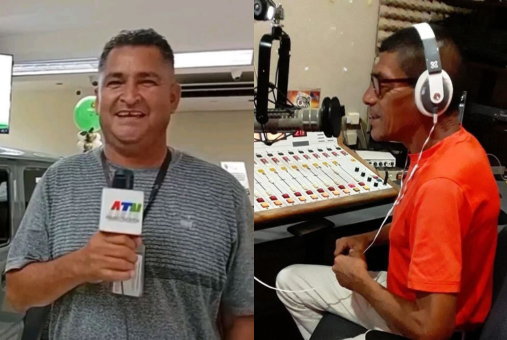
The murder of two journalists is the latest sign of mounting threats to the press in Honduras. Media advocates warn the rising violence is a threat to democracy across the region.
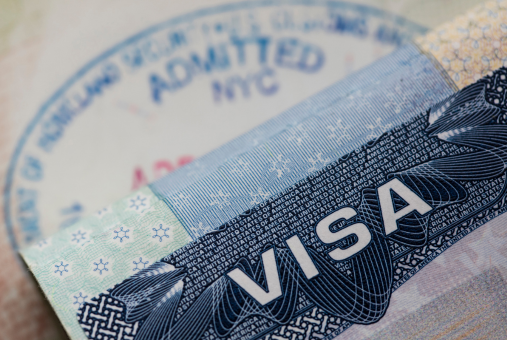
Trump's new travel ban has generated fear and uncertainty among foreign journalists. Reporters traveling to or from the U.S. to cover and attend events fear not being able to get in or return.
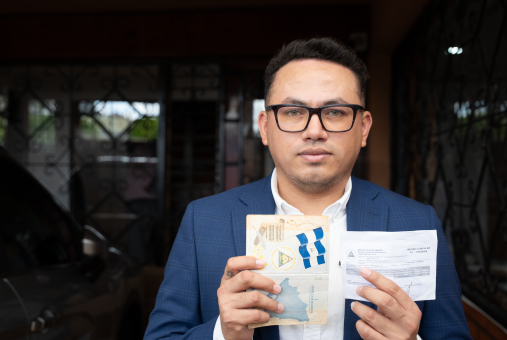
A group of seven Nicaraguan journalists exiled in Costa Rica have been unable to renew their identification documents and consider themselves "de facto stateless." They hope to obtain Spanish citizenship, just like their other colleagues banished from home.

An aggressive new law taxing foreign funding, along with arrests of government critics, signals a deepening authoritarian turn in El Salvador.
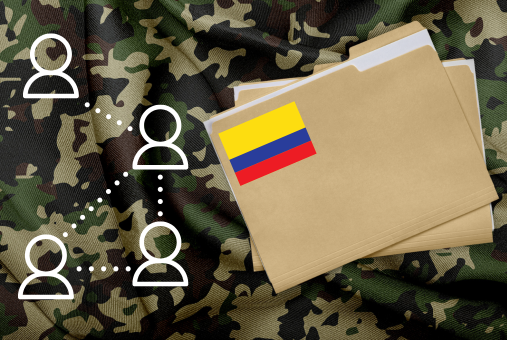
Nine military personnel were sanctioned for monitoring and profiling 130 people, including 30 journalists. But for investigative outlet Rutas del Conflicto, the punishment overlooks long-term harm.
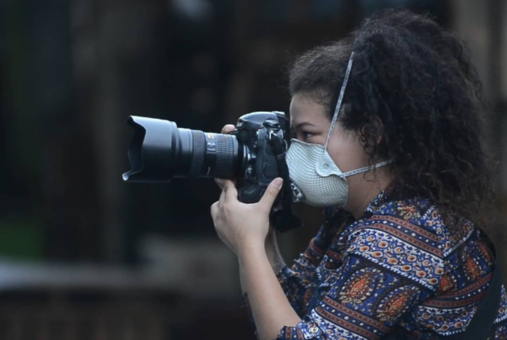
Although recognition of women photojournalists in Latin America has grown in recent years, the industry remains predominantly male. Recent data shows that only 22% of submissions to World Press Photo came from women.
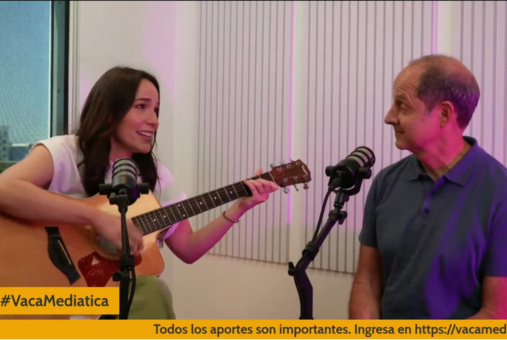
Independent journalism in Venezuela faces a serious crisis due to censorship, persecution and a lack of funding, a situation that has prompted solidarity initiatives such as the Vaca Mediática. This project seeks not only to fund journalistic work but also to send a message of unity and resistance in the face of repression.
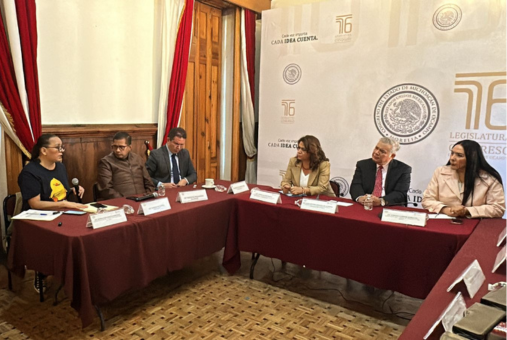
In Michoacán, journalists propose a law to criminalize hate speech after a reporter’s killing. In Puebla, a bill draws criticism for excluding journalist input and potentially restricting free expression.
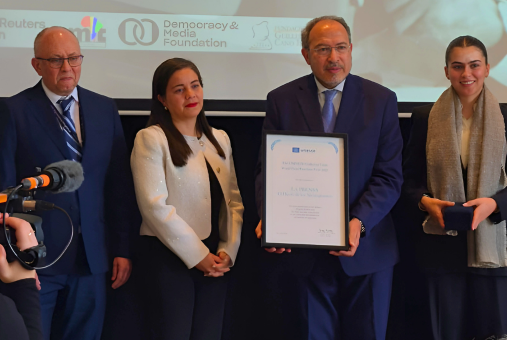
The Ortega-Murillo regime withdrew from UNESCO after it awarded its press freedom prize to the Nicaraguan newspaper. La Prensa General Manager Juan Lorenzo Holmann Chamorro said the regime’s reaction shows the importance of the paper's work.
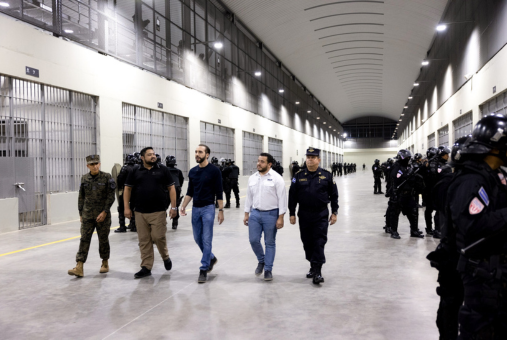
El Faro, the leading investigative outlet in El Salvador, says the government is preparing arrest warrants against its journalists following publication of interviews linking President Nayib Bukele’s political rise to support from gangs.

A new Reporters Without Borders report finds economic instability hurt the media industry in most Latin American countries last year. Nicaragua, under an increasingly repressive dictatorship, overtook Cuba as the region’s worst country for press freedom.
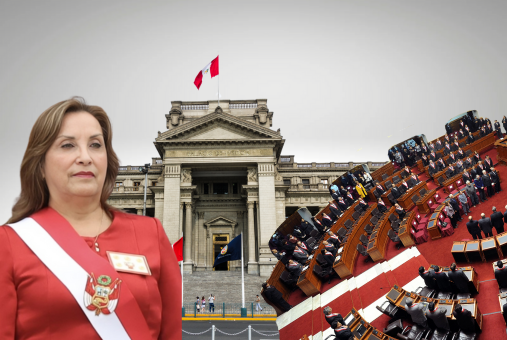
Press advocates say the three branches of the Peruvian government are targeting journalists with legal cases, legislation and verbal attacks.